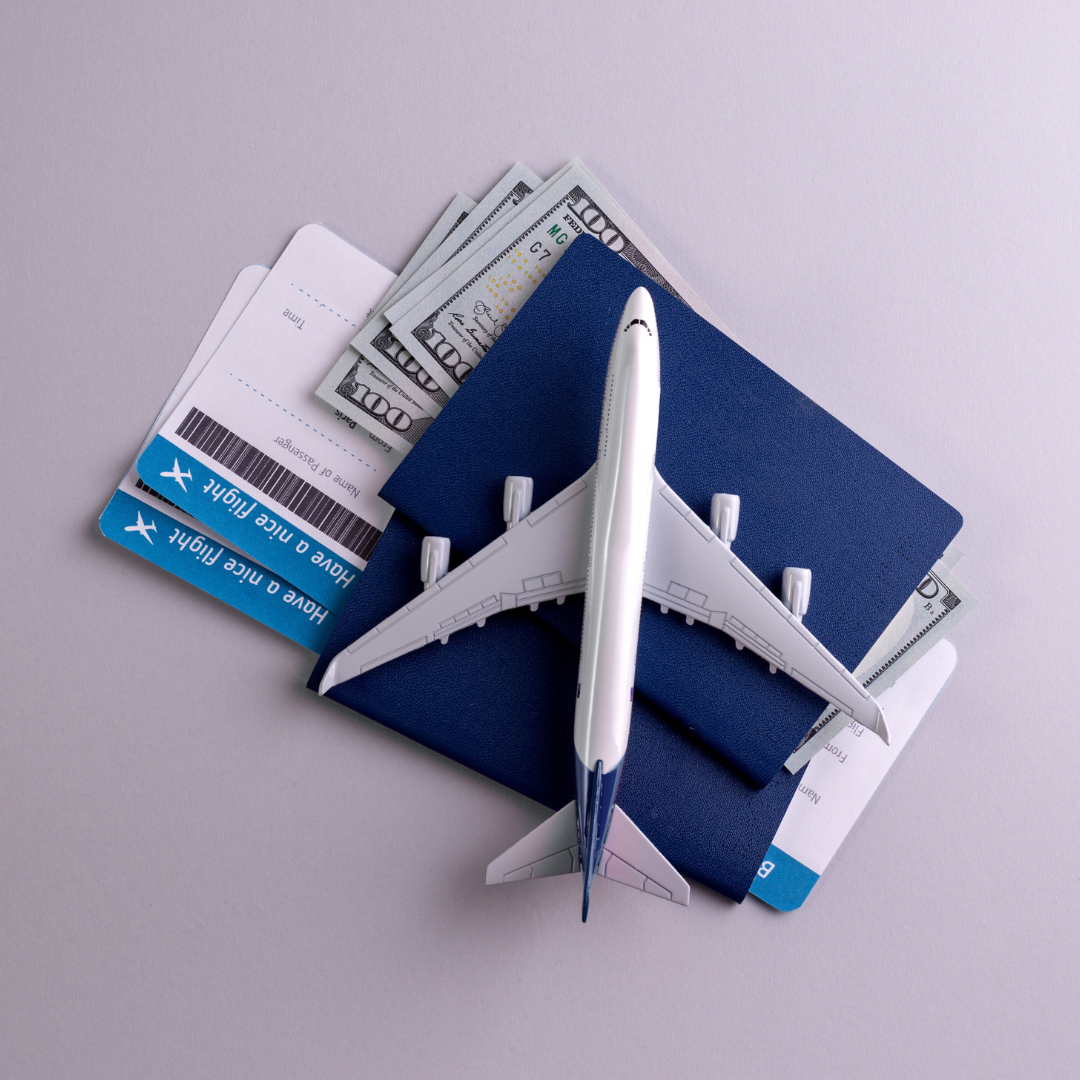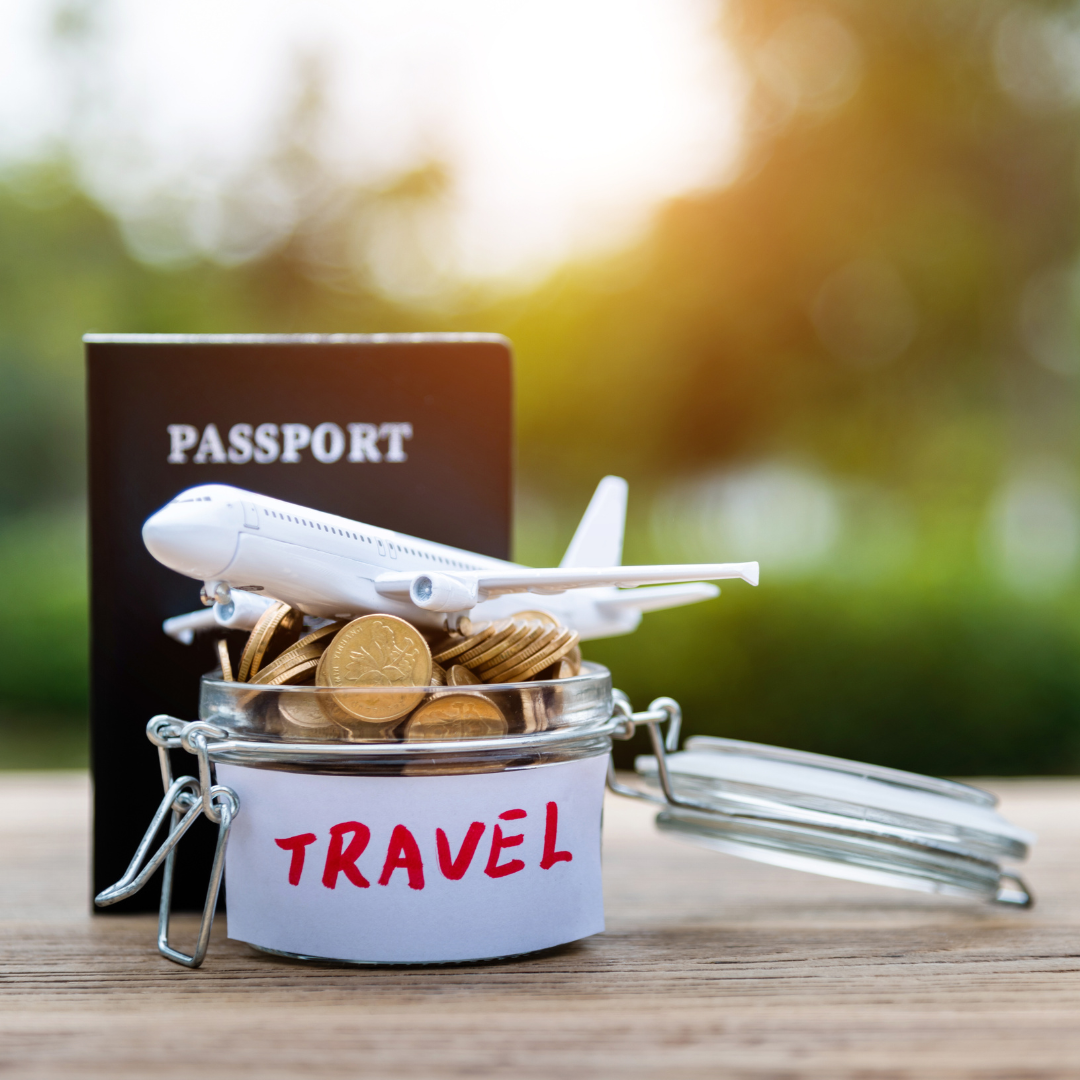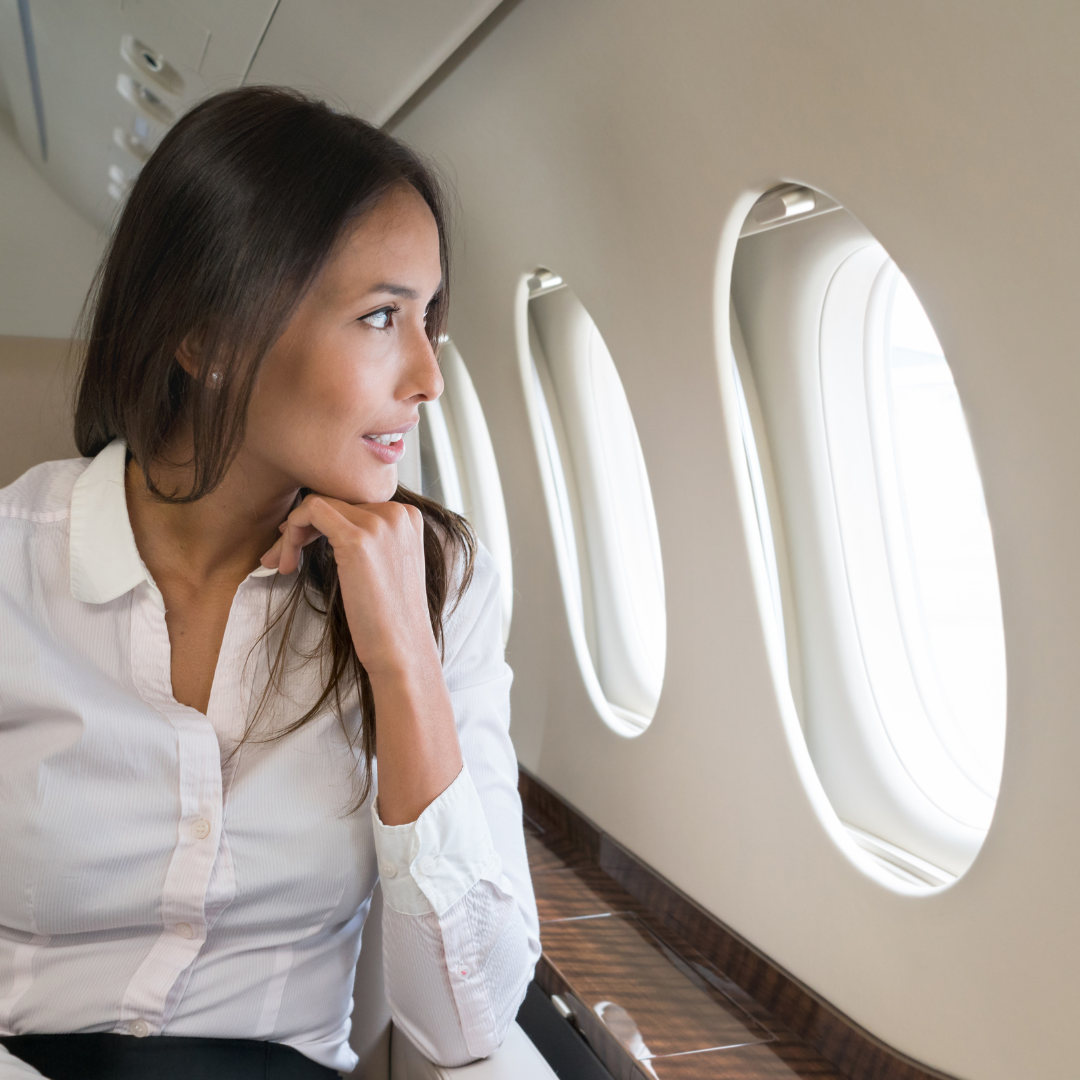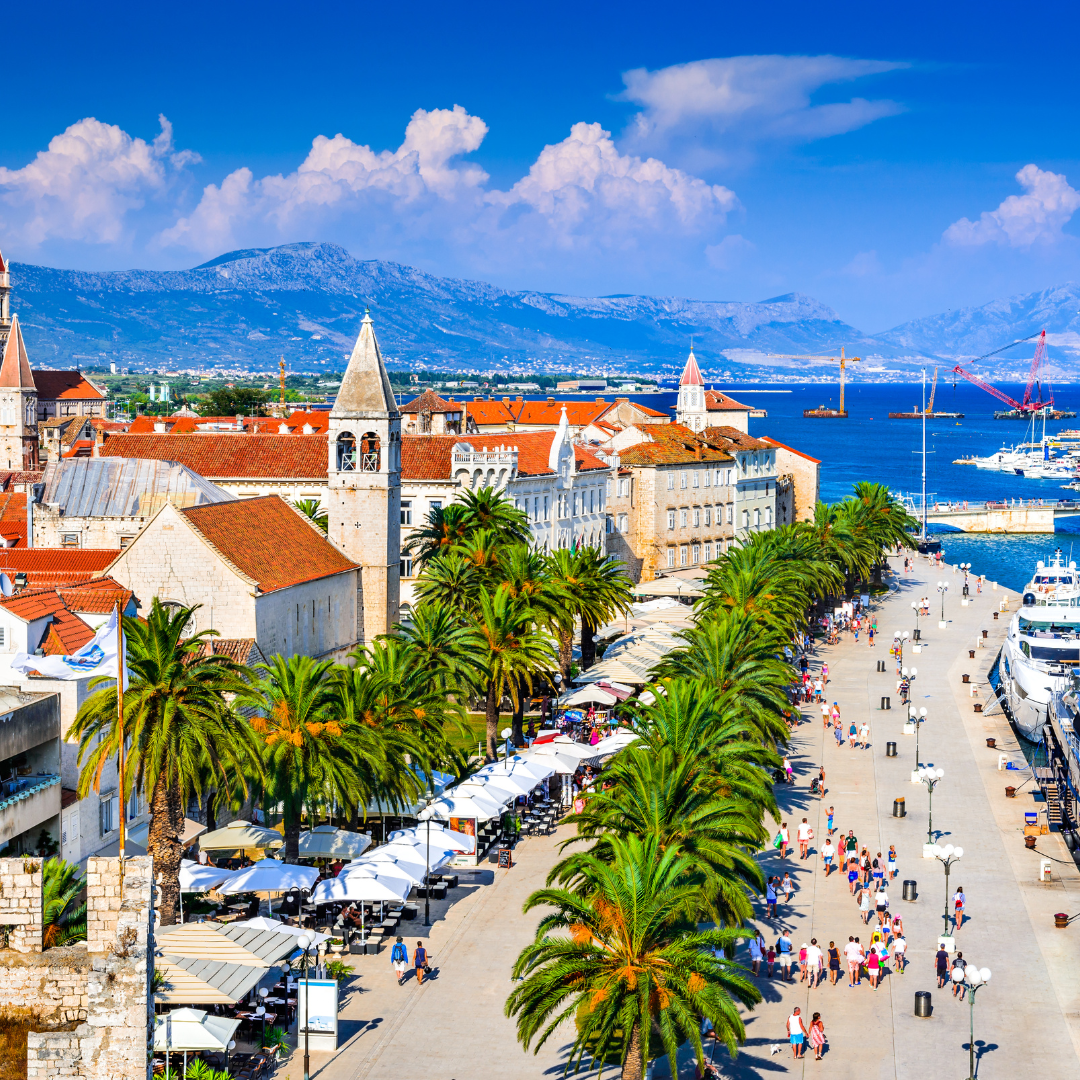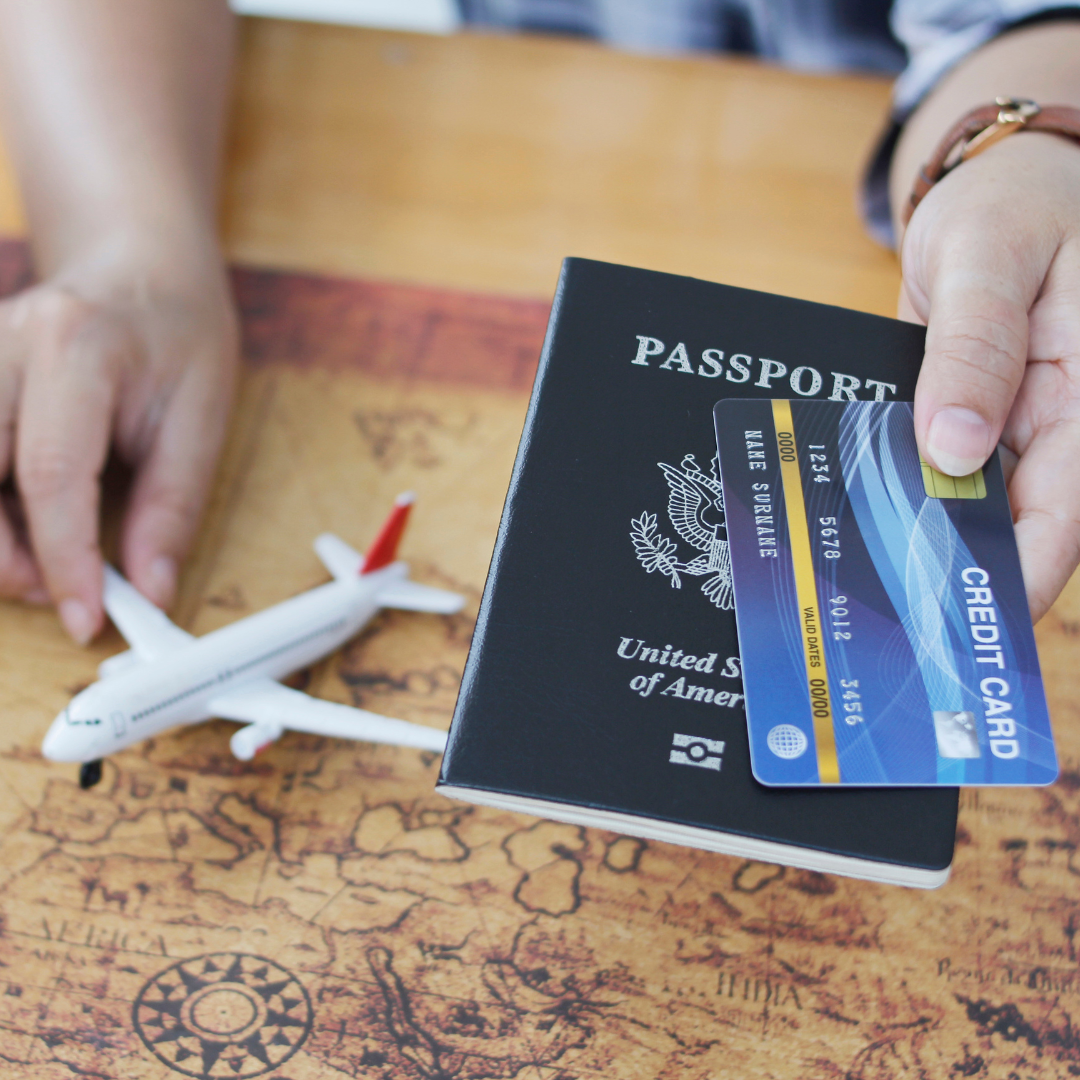Budgeting for Food and Transport Abroad: Essential Tips for Smart Spending
Budgeting for food and transport abroad is essential to maintaining control over travel expenses. The cost of meals and getting around can quickly add up, making it important to plan realistically based on the destination. A practical budget considers local prices, daily needs, and the balance between convenience and cost.
Knowing how to estimate daily meal costs and transport options allows travellers to avoid overspending. Simple strategies, like choosing local eateries and using public transport, often help stretch a budget without sacrificing the experience.
Understanding these basic principles ensures travellers can enjoy their trip while staying within financial limits. This article will explore effective methods to prepare a reliable budget for food and transport overseas.
Key Principles of Budgeting for Food and Transport Abroad
Carefully planning food and transport expenses is essential for managing travel spend effectively. Prioritising clear limits, monitoring daily outgoings, and finding a balance between cost and convenience are core to successful budgeting abroad.
Setting Your Overall Travel Budget
Setting a realistic overall travel budget is the first step for controlling costs. It should include a clear allocation for food and transport, based on destination-specific prices. Research typical daily costs for meals and local transport options ahead of travel.
Allocating separate amounts for meals and transport helps avoid overspending in one area. For example, if the total daily budget is £50, one might assign £30 for food and £20 for transport. This creates clear guidelines and helps track expenses against set limits.
Flexibility is important. Travel budgets should allow for occasional splurges, like a special meal or a taxi ride, without jeopardising the rest of the trip’s spending.
Importance of Tracking Daily Expenses
Tracking daily expenses keeps travel spend in check and helps identify spending patterns. Using a simple app or notebook to record food and transport costs ensures that travellers stay within budget.
Recording costs immediately reduces the risk of forgetting expenses and exceeding limits. It also enables quick adjustments if spending in one category is higher than planned. For instance, spending more on food one day might mean taking cheaper transport the next.
Regularly reviewing spending helps maintain budget discipline. This ongoing awareness is key to controlling overall travel costs and avoiding last-minute financial pressure.
Balancing Cost with Convenience
Balancing cost with convenience requires weighing time, comfort, and price when choosing transport and dining options. Budget travel doesn’t mean sacrificing efficiency or safety.
For transport, public transit often offers the best cost-to-convenience ratio. In contrast, taxis or ride-hailing services may be more expensive but necessary during late hours or for heavy luggage.
For food, street food and local markets often provide affordable, authentic meals. However, occasional visits to mid-range restaurants can improve the travel experience without severely impacting the travel budget.
Using combinations of low-cost and convenient options helps optimise travel spend without compromising enjoyment.
Understanding Food and Transport Costs in Different Destinations
The costs of food and transport abroad vary widely and depend on local economic conditions and available infrastructure. Examining currency exchange rates, average prices, and typical travel opportunities highlights how these expenses differ and helps travellers plan realistic budgets.
Analysing Cost of Living by Country
Cost-of-living indices provide a standard measure to compare prices across countries. Websites like Numbeo or Expatistan track everyday expenses, including groceries and travel.
For example, Western European cities often show higher costs in both food and transport compared to many Southeast Asian destinations. Exchange rate fluctuations also impact the real cost when converting from one currency to another.
Understanding if a country uses a weak or strong currency helps gauge relative affordability. Inflation rates and seasonal price changes should also be noted since they affect short-term budgets.
Researching Average Food Prices
Food expenses depend on local cuisine, eating habits, and whether a traveller opts for supermarkets or restaurants. Prices for staples like bread, rice, vegetables, and meat can vary significantly.
In major cities, meals at casual restaurants may cost between £5 and £15, while street food in less developed regions can be under £3. Supermarket shopping is generally cheaper but requires basic cooking facilities.
Consulting recent online guides, local forums, or expat blogs offers current price ranges. Some mobile apps provide region-specific food price data, which assists with meal planning and daily allowances.
Researching Public Transport and Local Travel Costs
Public transport methods include buses, metros, trams, and shared taxis, with costs linked to infrastructure and economic conditions. In Europe, single metro rides typically range from £1.50 to £3, while in parts of Asia, similar trips can be less than £1.
It is important to check for travel passes or multi-ride tickets that reduce daily costs. Some cities offer app-based bike or scooter rentals, which may provide cost-effective short-distance alternatives.
Currency exchange rates influence ticket prices for tourists converting from foreign currency. Travellers should also consider the reliability and safety of local transport when budgeting time and money.
Smart Strategies for Saving on Food and Transport Abroad
Effective saving on food and transport requires a combination of local insight, planning, and the right tools. By targeting affordable dining options and transport passes, and leveraging technology, travellers can significantly reduce daily expenses.
Making the Most of Local Markets and Budget Restaurants
Local markets often offer fresh produce and ready-to-eat meals at lower prices than supermarkets or tourist restaurants. Buying fruits, vegetables, and snacks here helps save money and experience authentic flavours.
Budget restaurants and street food stalls serve filling meals at reasonable costs. Avoiding areas near major attractions usually leads to better prices. Asking locals for recommendations also uncovers hidden gems that combine taste and economy.
Cooking simple meals when accommodation has kitchen facilities can further reduce costs. Even preparing breakfasts or snacks cuts down on expensive dining out.
Maximising Discount Transport Passes
Many cities offer transport passes that provide unlimited travel or discounted rates for a set period. These passes often cover buses, trams, and metro lines and prove cost-effective for multiple daily journeys.
Tourist passes may also include benefits like discounted entry to attractions or combined food and transport deals. It’s advisable to check the official city or transport websites for current offers before arrival.
Booking passes online in advance can secure better prices and save time. Some apps, including TravelSpend, help track transport spending and plan budget-friendly routes.
Utilising Technology and Travel Apps
Travel apps are essential tools for managing food and transport expenses abroad. Apps like TravelSpend help monitor daily budgets and alert travellers when they are nearing limits.
Navigation apps provide real-time public transport schedules and route optimisation, reducing the need for costly taxis. Price comparison apps offer insights into restaurant menus and local deals, enhancing dining choices.
Digital payment systems linked to travel apps can also avoid foreign transaction fees and provide security. Combining these tools streamlines spending while offering control and convenience.
Planning Meals and Routes in Advance
Planning meals before heading out helps avoid expensive last-minute dining choices. Researching local menus online and setting dining budgets prevents overspending.
Mapping efficient transport routes between planned destinations reduces unnecessary travel costs. Scheduling visits to clusters of attractions minimises ticket and transport expenditures.
Using travel apps for route planning allows adaptation to changes and keeps budgets on track. This proactive approach saves time and money during the trip.
Essential Considerations for a Secure and Stress-Free Trip
Planning ahead can prevent disruptions during travel. Checking documentation, booking carefully, and securing insurance are critical steps to ensure smooth experiences with food and transport budgets.
Ensuring Passport Validity and Entry Requirements
Travellers should verify that their passport is valid for at least six months beyond their intended return date. Most countries enforce this rule to allow entry, and failure to meet it can lead to denied boarding or refusal at immigration.
They must also research visa requirements and any recent changes in entry rules, such as vaccinations or quarantine mandates. These can affect travel plans and expenses significantly.
Keeping digital and physical copies of passports and visas helps in case of loss. Registering with embassies can provide support during emergencies.
Booking Flights and Accommodation Wisely
It is vital to compare flights based on price, baggage policies, and layover times. Choosing flexible tickets can save money if plans change, but often cost more upfront.
For accommodation, selecting locations near essential transport hubs reduces spending on taxis or public transit. Booking refundable or partially refundable stays balances cost with flexibility.
Reviewing cancellation policies and reading recent guest reviews ensures reliability and safety. Combining transport and lodging into package deals might reduce overall expenses, but this should be confirmed beforehand.
The Role of Travel Insurance
Travel insurance protects against unexpected costs such as medical emergencies, trip cancellations, or lost luggage. Comprehensive policies covering health, trip interruption, and belongings are advisable.
When selecting a policy, check what is included regarding activities planned, such as hiking or water sports. Some insurers exclude specific risks.
Documenting all receipts and claims promptly helps with reimbursements. Understanding policy limits and exclusions prevents surprises during crises.

